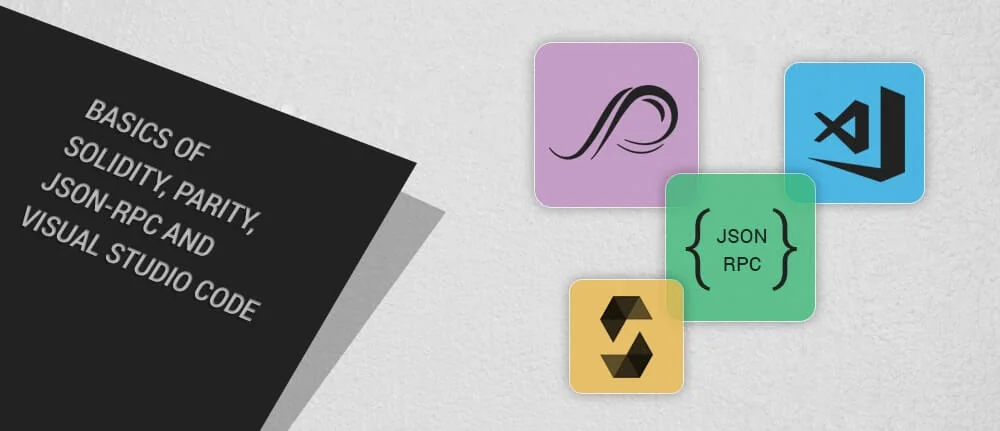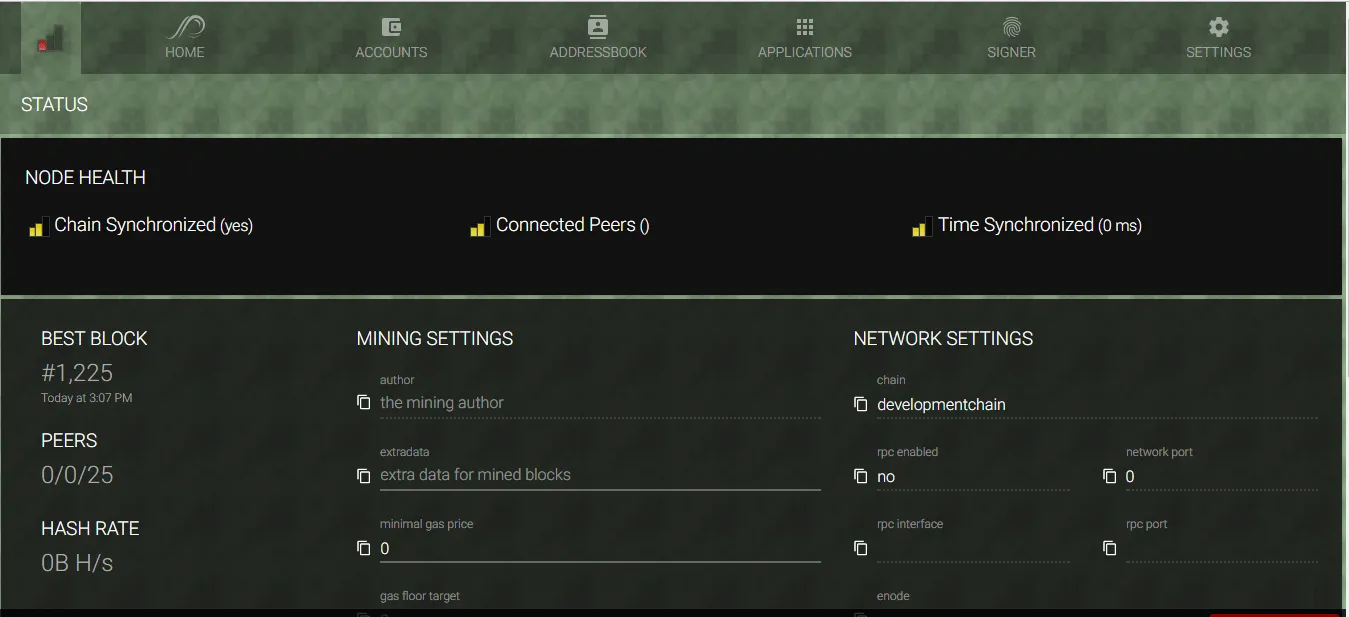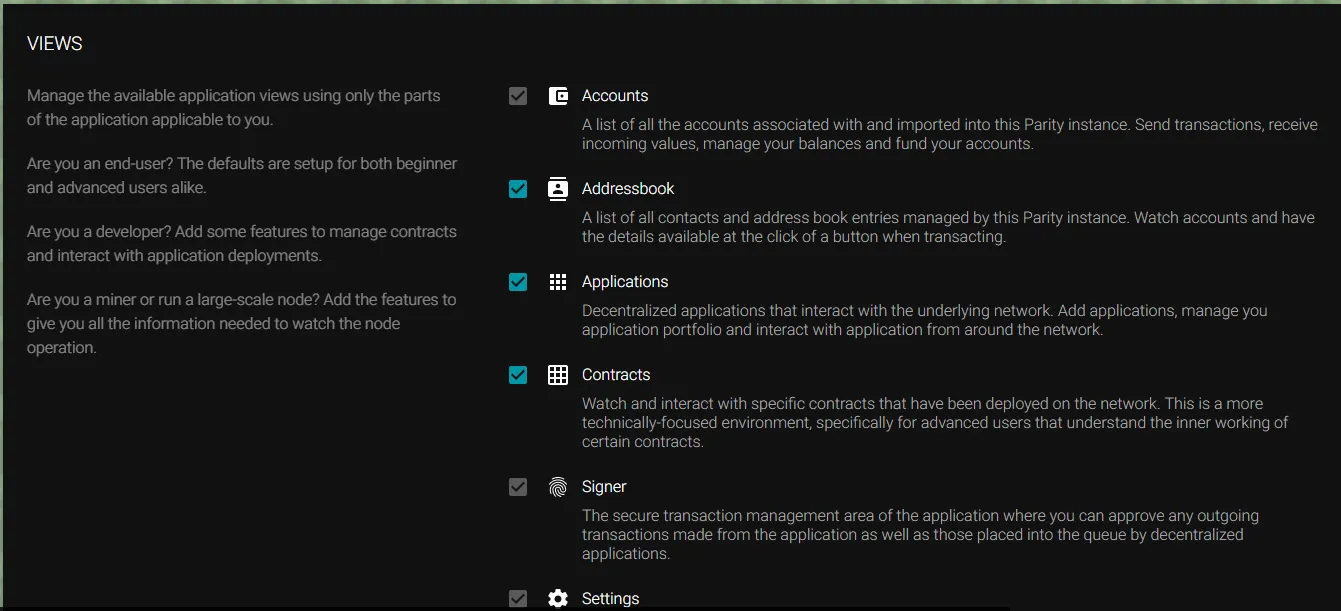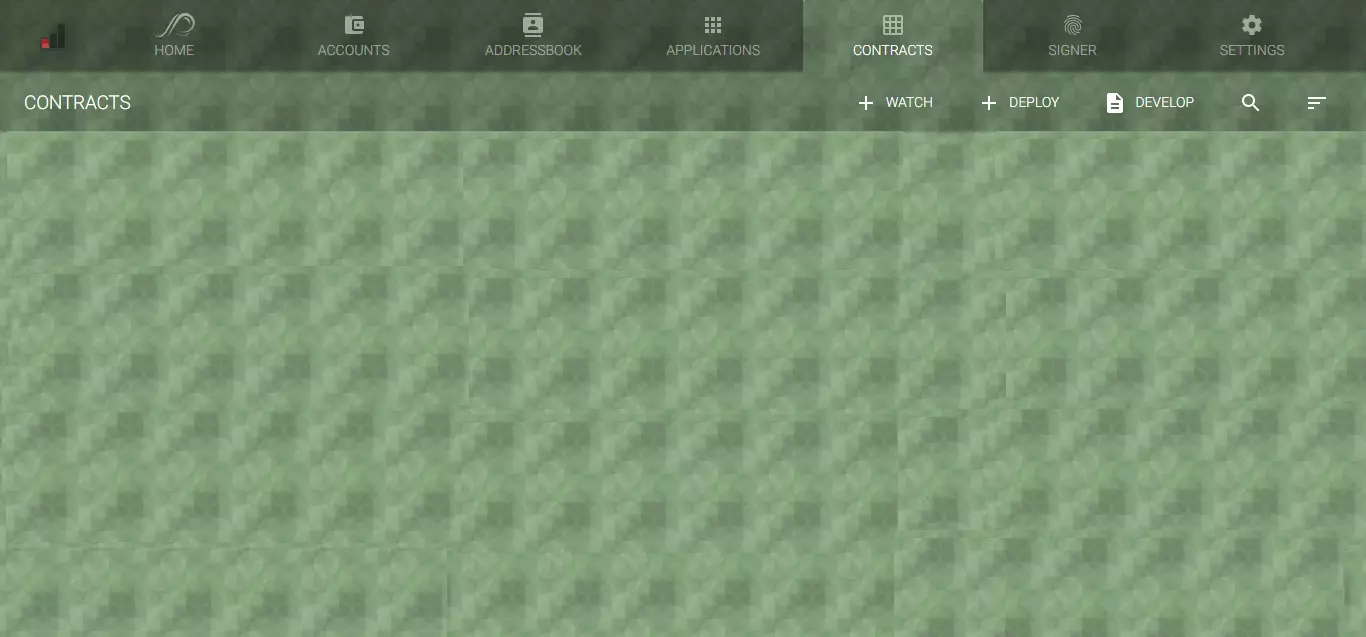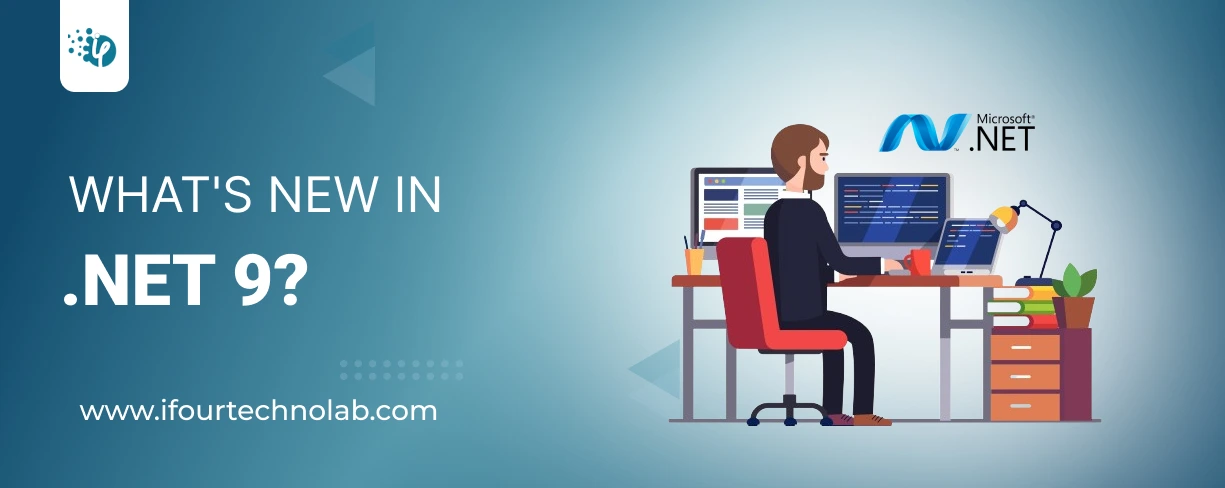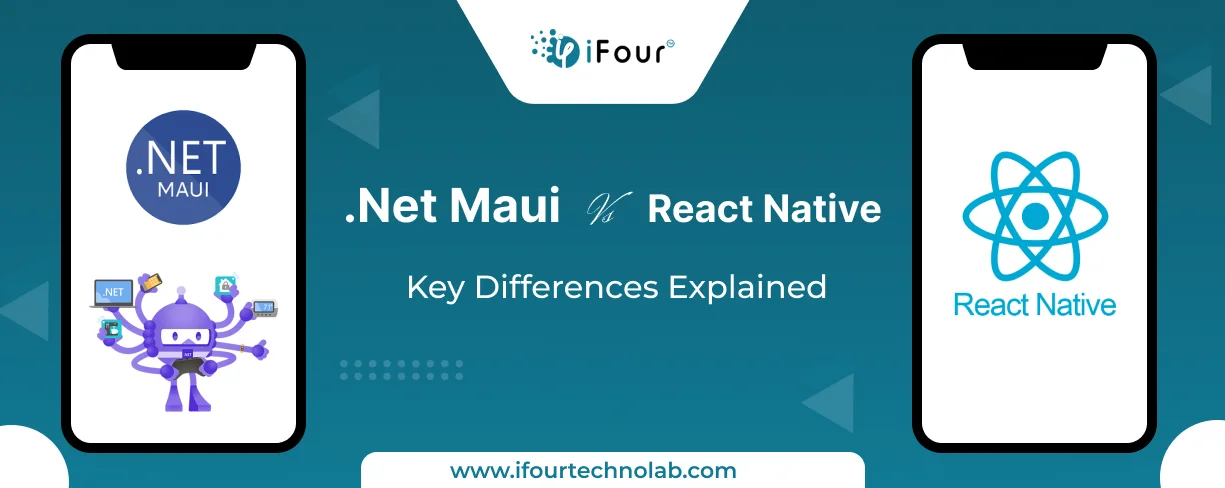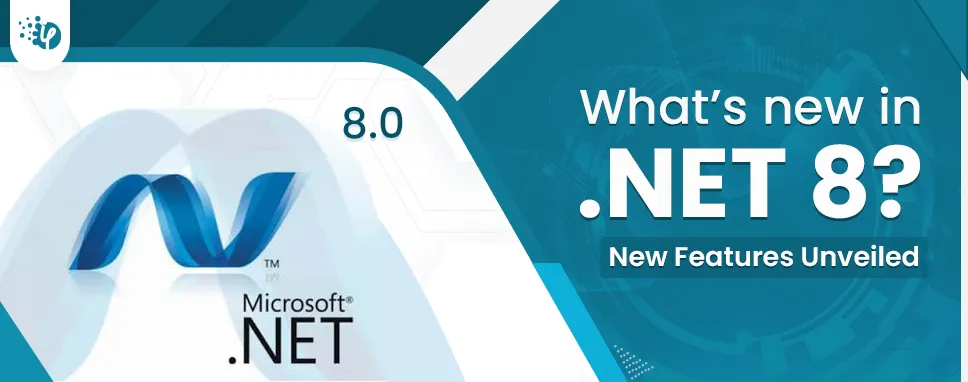Back in 2008, the concept of Bitcoin started a buzz, after the white paper on Blockchain by a mysterious person called Satoshi Nakamoto was published. Blockchain was basically introduced as a novel idea, however, it soon gained a lot of attention from public and Blockchain development companies due to its uniqueness and peculiarity.
As of today, Bitcoin is the king of cryptocurrency and its primary use at the moment is that of currency. However, apart from day to day payment, we cannot harness other functionalities from Bitcoin. This is where Ethereum comes into the picture.
Blockchain technology is now being used to support applications that are beyond digital currency. Launched in 2015, Ethereum is the largest and well established open-source & decentralized application platform. It has created a lot of excitement for its programmable platform capabilities. The potential applications are wide-ranging and they run on a platform-specific token called Ether.
On the Ethereum platform, Smart contracts can be created using Solidity. In this way, it differs from Bitcoin as it lets the developer to program using solidity. Thus, Ethereum not only allows the currency to reside in it but software code as well.
Contracts in a Blockchain are the small computer programs that execute automatically when a pre-configured condition is met. Parties involved in the contractual agreement can automatically make payments as per the contracts in a transparent manner. The Smart contract exists as byte code and is executed by Ethereum Virtual Machine. Every transaction and execution of bytecode costs an ether.
Instead of directly writing a bytecode, programmer can use solidity to write smart contract.
Today, Solidity is recognized as one of the well-known premium languages that could be run on Ethereum and other private Blockchain.
Solidity is just one of several languages which can be compiled into Ethereum Virtual machine(EVM) bytecode. It runs on Ethereum node so as to process the transaction. Moreover, the most common compilers for Solidity are soIC and browser based compilers. It is a high-level programming language that is used to create contracts in Blockchain, much akin to an object-oriented language, solidity supports inheritance, libraries, and user-defined types.










